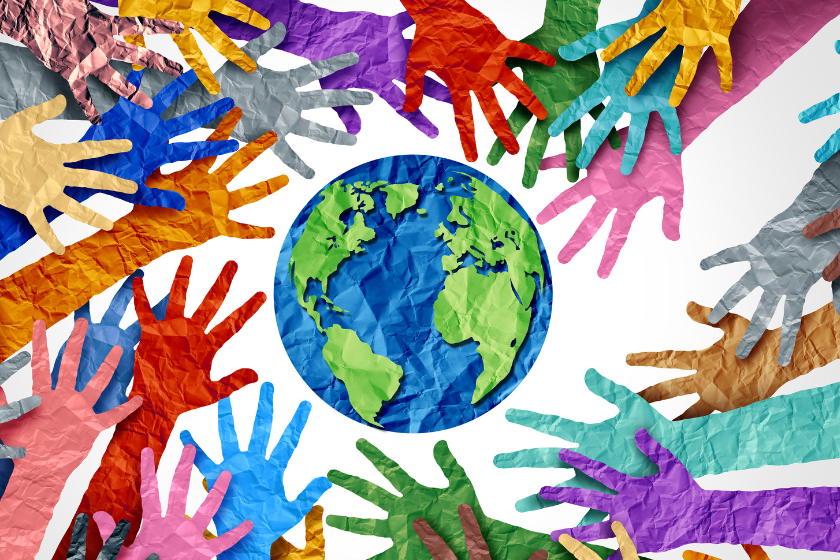UNESCO has added midwifery to its list of Intangible Cultural Heritage. Jenny Hall, Midwifery editor, explains what this means and invites us all to celebrate and raise the profile of midwifery.
_________________________________________________
In early December members of the United nations Educational, Scientific and Cultural Organization (UNESCO) met for the 18th session of the intergovernmental committee for the safeguarding of the intangible heritage of humanity. The role of UNESCO states that it:
“seeks to encourage the identification, protection and preservation of cultural and natural heritage around the world considered to be of outstanding value to humanity.”
What is the relevance to midwives? Now, a great deal! At that meeting “Midwifery: knowledge, skills and practices” was added to the Representative list of the Intangible Cultural Heritage of Humanity. The submission had been made jointly by midwives from Colombia, Cyprus, Germany, Kyrgyzstan, Luxembourg, Nigeria, Slovenia and Togo, backed by the International Confederation of Midwives (ICM) with support from many other countries, including the RCM in the UK.
The inscription is as follows:
Midwives are companions and supporters of pregnant women and their families before, during and after birth. Throughout the course of a pregnancy, midwives make home visits, provide guidance and care, and facilitate birth preparation and capacity-building classes. They contribute to the protection of fundamental human rights by transmitting their knowledge to mothers and families. Midwifery is based on evidence-based practices and traditional knowledge, skills and techniques. It varies according to the social, cultural and natural contexts of different communities and countries, and sometimes includes knowledge of traditional medicine and of medicinal plants and herbs. Midwifery also entails specific cultural practices, vocabulary, celebrations and rituals. The related skills and knowledge have been safeguarded, developed and passed on by practising communities for generations, especially within networks of women. Traditional knowledge of midwifery is accumulated through direct experience, observation and interaction with the human body. It is transmitted through oral instruction, observation, participation and peer exchange. In many countries, the practice of midwifery also requires certification, and the related knowledge and skills are transmitted through formal education such as academic learning based on curricula, some of which align with the standards established by the International Confederation of Midwives.
This statement ingrains globally that midwives skills and practices are valuable both historically, culturally and into the present day. It celebrates the unique roles and practices midwives have as well as the underpinning knowledge and place in community. The ICM highlight that:
“ the nomination of midwifery for the UNESCO list is not just an accolade; it would validate the profession’s historical and contemporary importance, promoting its preservation and continued practice.”
Writing on the submission Lia Brigante, Quality and Standards Advisor for the RCM, points to how midwifery in England has not been receiving deserved recognition, with underpinning of poor staffing and high expectation on staff maintaining services. She hopes that:
“Becoming a part of this protected list will help with our calls to safeguard and ringfence services to protect midwives and what it is to be a midwife.”
It is up to us in the midwifery community how we use this endorsement. Shockingly, it is 10 years this year since the publication of the Lancet series on midwifery, which provided the evidence for the benefits midwifery care provides and the need to increase midwifery coverage globally. Despite the value and impact of that series, some governments and health leaders have done little to increase midwifery as a priority. The inclusion in the UNESCO list brings a new impetus for the midwifery profile to be raised above the negativity of media and to bring a sense of celebration of our worth.
We would love to celebrate on these pages and in the talks at the festivals and Midwifery Hour the wonderful skills and practices midwives are doing that make a difference to individual lives and communities. Share and celebrate your work or that of your colleagues via the festival awards. What is good and effective you are doing? What is a local midwife tradition in your area? In what ways are you creatively impacting and turning lives around? We would love to hear from you and lift midwifery up. If you would like to write about it do get in touch.
Dr Jenny Hall
January 2024



